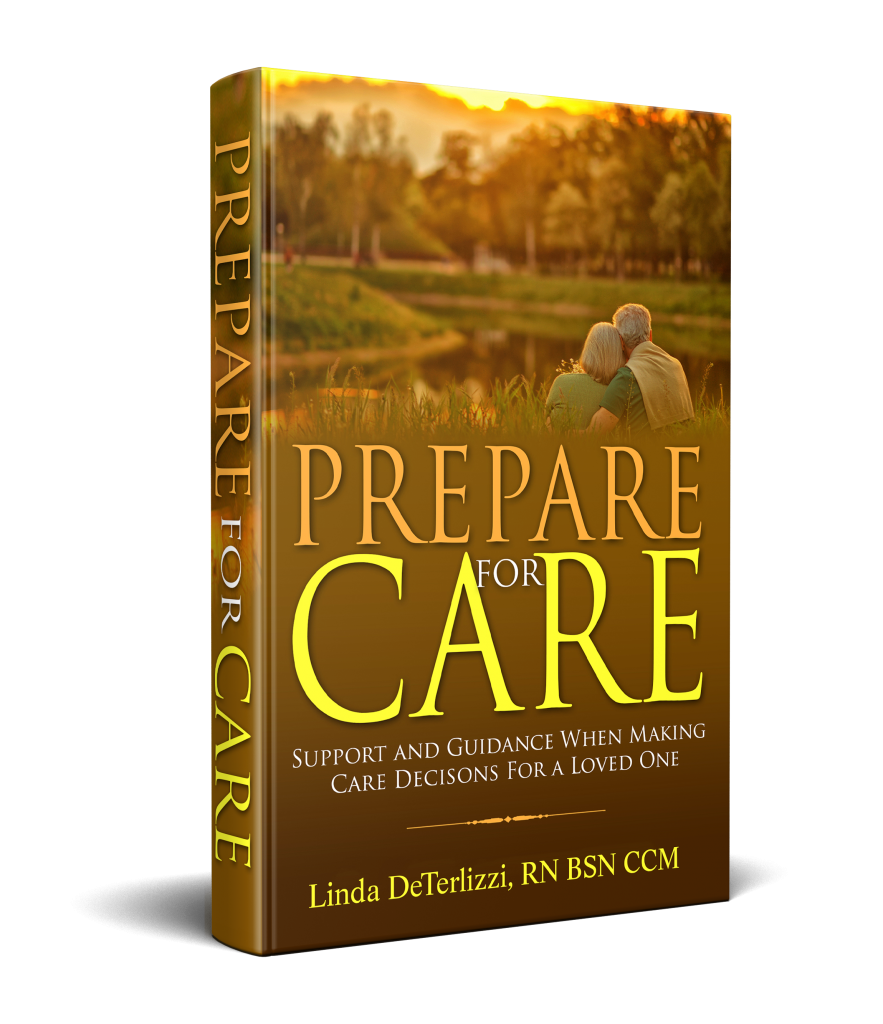Introduction
Cancer is one of the leading causes of death worldwide, affecting millions of people every year. While some factors like genetics are beyond our control, research shows that at least one-third of cancer cases can be prevented through lifestyle changes and proactive health measures. That’s why National Cancer Prevention Month, observed every February, serves as a crucial reminder that small, everyday choices can make a significant impact on reducing cancer risk.
In this comprehensive guide, we’ll explore the importance of cancer prevention, key risk factors, and actionable steps you can take to protect yourself and your loved ones.
The Importance of Cancer Prevention
The American Cancer Society estimates that in 2024 alone, there will be nearly 2 million new cancer diagnoses and over 600,000 cancer-related deaths in the United States. However, up to 50% of cancer cases and deaths could be avoided by following preventative measures.
Understanding and adopting healthy habits can not only lower your cancer risk but also contribute to overall well-being, improving quality of life and longevity.
Top Cancer Risk Factors & How to Mitigate Them
1. Tobacco Use: The Leading Cause of Preventable Cancer
Smoking and tobacco use are responsible for approximately 30% of all cancer deaths in the U.S. Cigarettes contain over 70 known carcinogens, which can damage DNA and lead to cancers of the lungs, mouth, throat, pancreas, and more.
✅ Prevention Tip: If you smoke, quitting is the best step you can take for your health. Seek support through nicotine replacement therapies, counseling, or quit-smoking programs.
2. Unhealthy Diet and Poor Nutrition
What you eat plays a crucial role in cancer prevention. Diets high in processed foods, red meats, and sugary beverages have been linked to an increased risk of various cancers, including colorectal and breast cancer.
✅ Prevention Tip:
- Eat a plant-based diet rich in fruits, vegetables, and whole grains.
- Reduce intake of processed meats (bacon, sausage, deli meats) and red meats.
- Choose healthy fats like those in nuts, seeds, and olive oil.
- Drink plenty of water and limit sugary beverages.
3. Lack of Physical Activity & Obesity
Being overweight or obese is associated with an increased risk of at least 13 types of cancer, including breast, colorectal, and kidney cancer. Regular exercise helps regulate hormones and boosts immune function, which may lower cancer risk.
✅ Prevention Tip:
- Aim for 150 minutes of moderate exercise or 75 minutes of vigorous exercise per week.
- Incorporate activities like walking, cycling, strength training, and yoga.
- Maintain a healthy body weight through a balanced diet and regular movement.
4. Alcohol Consumption
Excessive alcohol consumption is linked to cancers of the liver, breast, esophagus, and more. Even moderate drinking increases cancer risk, especially in women.
✅ Prevention Tip: Limit alcohol intake to no more than one drink per day for women and two drinks per day for men—or avoid it altogether for maximum benefit.
5. Sun Exposure & Skin Cancer
Skin cancer is the most common cancer in the U.S., and most cases are caused by excessive UV radiation from the sun or tanning beds.
✅ Prevention Tip:
- Use broad-spectrum sunscreen (SPF 30+) daily, even on cloudy days.
- Wear protective clothing, sunglasses, and hats.
- Avoid tanning beds and seek shade during peak sun hours (10 AM – 4 PM).
6. Environmental and Workplace Exposures
Certain chemicals, air pollution, and toxins in the workplace can increase cancer risk. Carcinogens such as asbestos, benzene, and pesticides should be avoided whenever possible.
✅ Prevention Tip:
- Follow safety guidelines in workplaces that involve chemical exposure.
- Reduce exposure to air pollution by using air purifiers and avoiding industrial areas when possible.
7. Infections & Viruses Linked to Cancer
Certain infections, including HPV (human papillomavirus) and hepatitis B/C, are known to cause cancer.
✅ Prevention Tip:
- Get vaccinated for HPV and hepatitis B.
- Practice safe sex and avoid sharing needles.
- Regularly screen for infections that can increase cancer risk.
The Power of Early Detection & Routine Screenings
Regular screenings can detect cancer early, when it is most treatable. Some common screenings include:
- Mammograms (for breast cancer) – recommended for women aged 40+.
- Colonoscopies (for colorectal cancer) – recommended for individuals aged 45+.
- Pap smears & HPV tests (for cervical cancer) – recommended for women aged 21-65.
- Low-dose CT scans (for lung cancer) – recommended for heavy smokers aged 50-80.
- PSA tests (for prostate cancer) – discuss with your doctor if you’re aged 50+ or at high risk.
✅ Prevention Tip: Schedule regular check-ups with your doctor and follow screening recommendations based on your age, family history, and risk factors.
How You Can Take Action This National Cancer Prevention Month
💜 Educate Yourself & Others: Share cancer prevention facts with your community. Awareness can save lives!
💪 Make Healthy Choices: Start incorporating small, daily changes to your diet, exercise routine, and lifestyle.
📅 Schedule Screenings: If you’re due for a check-up or cancer screening, don’t delay—early detection is key.
📣 Spread Awareness: Use the hashtag #CancerPreventionMonth on social media to encourage others to take charge of their health.
Conclusion: Prevention Starts Today
While we can’t eliminate all cancer risks, we have the power to make informed choices that significantly lower our chances of developing cancer. Small steps—such as quitting smoking, eating a nutritious diet, staying active, and getting regular screenings—can lead to a healthier, longer life.
This National Cancer Prevention Month, commit to one change that will improve your health and inspire those around you to do the same. Together, we can create a future with fewer cancer diagnoses and more cancer-free lives. 💜💙
Need More Information?
For more cancer prevention resources, visit:
American Cancer Society: cancer.org
National Cancer Institute: cancer.gov
Stay proactive. Stay informed. Stay healthy. 💙




Connect with Linda